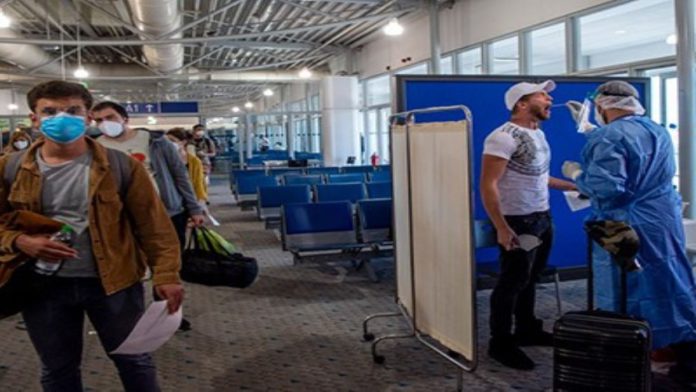When the COVID-19 pandemic hit the globe, many European Union member states implemented widespread lockdowns in March 2020, and the EU allowed non-essential travel to recommence from July 2020. Operations researcher Kimon Drakopoulos e-mailed Greece’s prime minister and the COVID-19 scientific task force head to ask if they needed extra advice. The Greek government replied to Drakopoulos within hours since they needed help to decide when and how to reopen borders. Drakopoulos and his team helped Greece build a system powered by AI to make Covid-19 testing efficient.
Like many other countries, Greece could not test all travelers, particularly those not displaying symptoms. Instead of testing a sample of visitors, Greece uses AI for COVID-19 testing, an approach rooted in ML. Between August and November, 2020—with input from Drakopoulos and his colleagues—the authorities launched a machine-learning algorithm-based system called Eva to determine which travelers entering the country should be tested for COVID-19.
Drakopoulos, among other authors of the research paper, found that ML systems are more effective at identifying asymptomatic people. According to the researchers’ analysis, their system was two to four times more successful in identifying infected travelers during Greece’s peak tourist season than random testing. Eva is an example of how data analysis can contribute to designing and implementing effective COVID-19 policies.
Read more: India Climbs Two Spots On Global Innovation Index 2021, Ranks 46
In contrast with many countries that choose travelers at random or according to risk categories for COVID-19 testing, Eva collected travel history and demographic data from passengers’ information forms. Eva matched the collected data with the characteristics of previously tested passengers. COVID-19 tests were administered to travelers calculated to be at the highest risk.
Although there was no shortage of ideas on deploying big data and AI to improve public health during the pandemic, relatively few of them made it into practice. It was partly because companies and governments that hold relevant data need proper security systems to be in place before sharing the data with researchers. There is always a challenge of obtaining consent to use personal data and ensuring safety while storing the data. To overcome these two challenges, researchers consulted with lawyers to ensure that Eva abides by the privacy protections afforded by the EU’s General Data Protection Regulation (GDPR).


